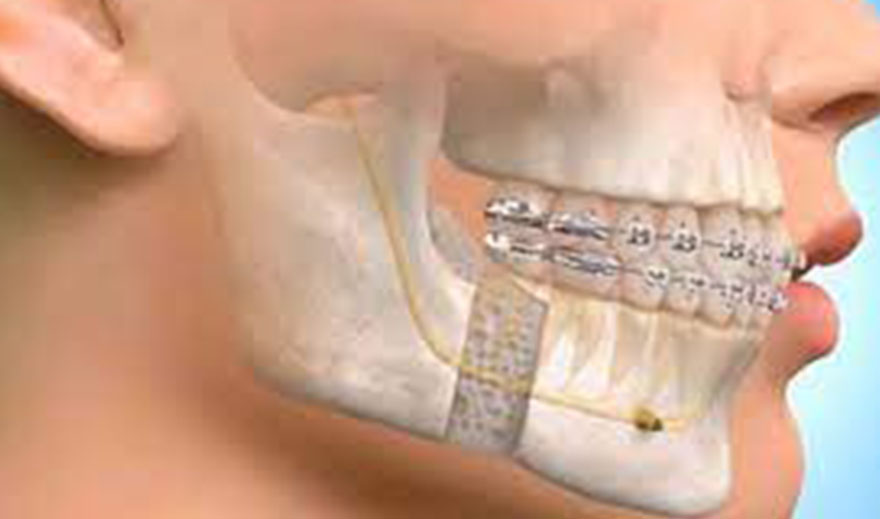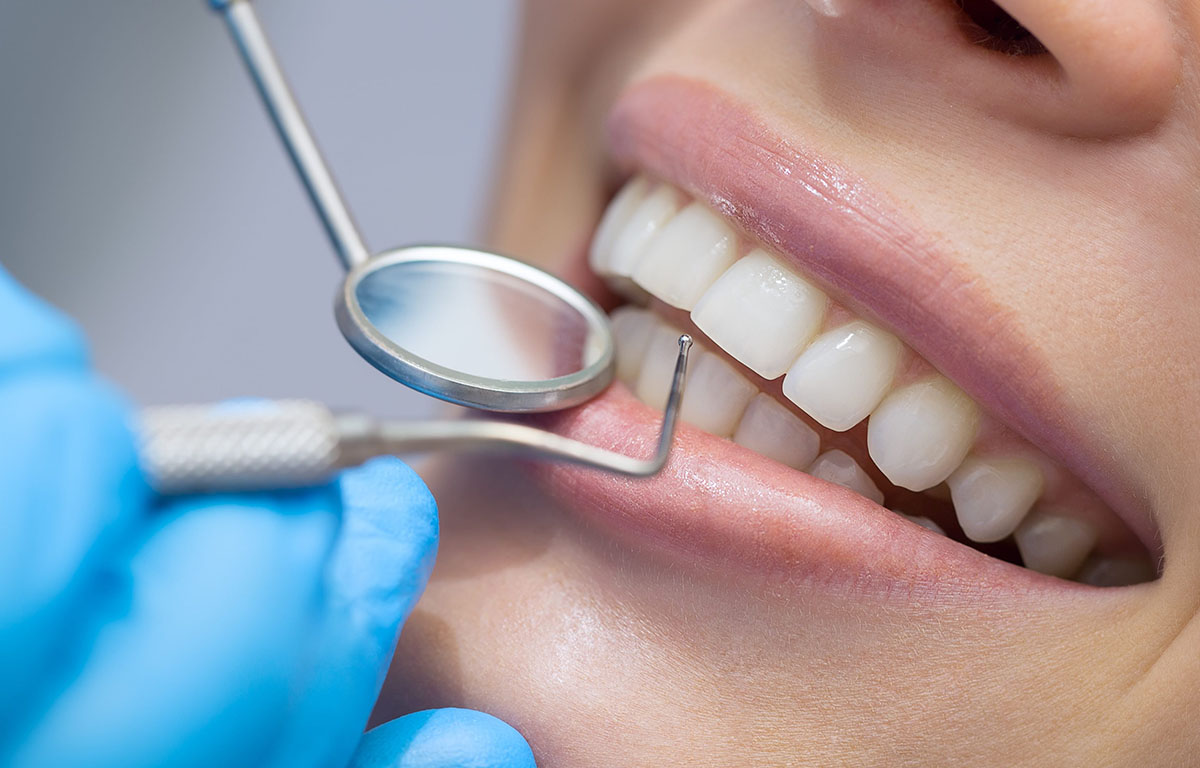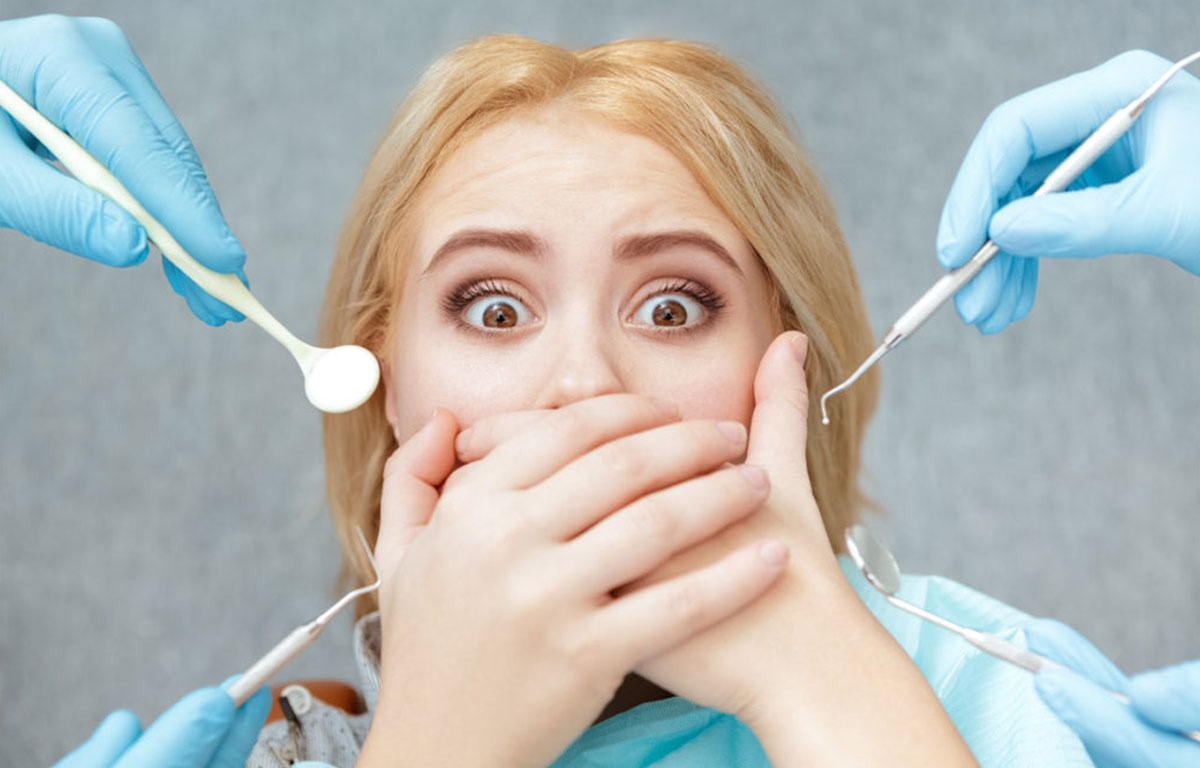
Oral & Maxillofacial Surgery at Antalya Dental Hospital, Turkey
Oral & Maxillofacial Surgery: What Are They, Benefits and Cost
Experience world-class surgical expertise.
Oral and Maxillofacial Surgery is the specialization in the surgery of the craniomaxillofacial complex: mouth, jaws, face, skull, neck.
An Oral and Maxillofacial Surgeon or OMS has the unique surgical expertise and training to manage and treat deformities, injuries and diseases of the mouth, teeth, jaws and the face.
Following dental school, Oral & Maxillofacial surgeons complete additional 4 to 6 years of extensive training in hospital-based residency programs making them the surgical experts in the field of dentistry.
Our Oral & Maxillofacial Surgeon provides the following treatments:
- Surgical dental extractions of wisdom teeth and impacted or diseased teeth
- Corrective jaw surgeries (orthognathic surgery)
- Reconstructive cosmetic maxillofacial surgery
- Treatment of facial trauma and deformities
- Placement of dental implants
- Bone grafting
- Diagnosis and surgical treatment of oral cancers
- Cleft lip and palate surgery
- Surgical and non-surgical treatment of temporomandibular joint (TMJ) disorders
- Surgical dental treatments under general anesthesia
Need more advice?
If you need free and impartial advice about your oral health, contact our Antalya Dental Hospital Helpline by email or call +90 242-999-1227 (local rate call in the Turkey).
Our Antalya Dental Hospital Helpline is completely confidential and has helped almost 20,000+ people. Contact our experts by telephone, email or online enquiry, Monday to Friday, 08:00 - 18:00.
Frequently Asked Questions About Dental Health
FAQs
Our FAQs are the most commonly-asked questions put to our Dental Helpline over the last year. If you have a question for us, you can ask our Dental Helpline by telephone or email. Alternatively, please take a look at our library of oral health information, which contains a wide range of oral health advice in an easy-to-understand Q&A format.
Yes. Tobacco causes its own type of bad breath. The only answer in this case is to stop smoking. As well as making your breath smell, smoking causes staining and loss of taste, and irritates the gums. People who smoke are more likely to suffer from gum disease and have a greater risk of developing cancer of the mouth, lung cancer and heart disease. Ask your dentist, pharmacist or healthcare professional for help with stopping smoking. If you do stop smoking, but still have bad breath, then you need to see your dental team or doctor for advice.
This is when the teeth do not meet together properly or are not in balance with the rest of the face, or if teeth are lost and not replaced.
There are toothpastes which can help to remove staining. These are often called ‘whitening’ toothpastes. It is important to realise that these toothpastes can only help you to restore the original shade of your teeth and will not change their natural colour. If you feel you need something stronger to whiten your teeth, talk to your dental team about how this could be done. If you are a smoker, there are special smokers’ toothpastes that will remove the staining that can build up over time.
X-rays are an essential part of your health records. If you are entitled to copies of your records, you may have to pay for these copies. If you change dentists, your x-rays and records will not usually be needed by your new dentist. However, if they are important, your new dental team will let you know. They will either ask for your permission to send for them, or ask you to fetch them yourself.
Your Best Smile Starts Here
Follow along as Antalya Dental Hospital expert dentists share the latest oral health trends that impact you and your family’s overall health. Dentistry and Oral Health Blog is a rich source of information about dentistry, dental care, tips, news and more. Subscribe to our blog, newsroom and social media.







